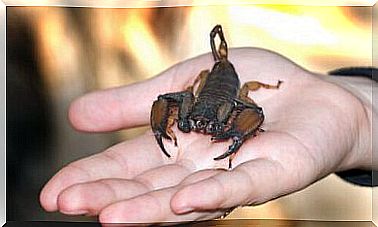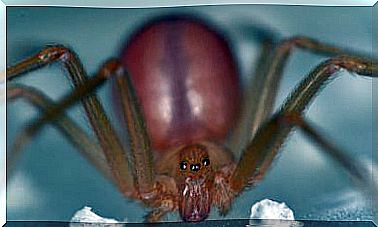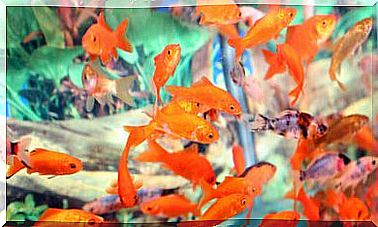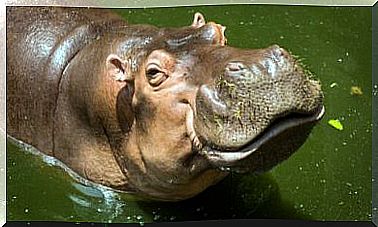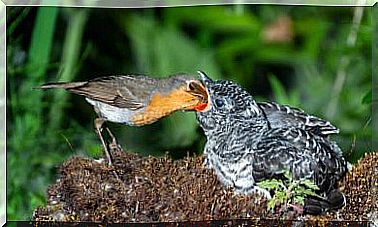Veterinary Immunology: To Prevent And Treat Disease
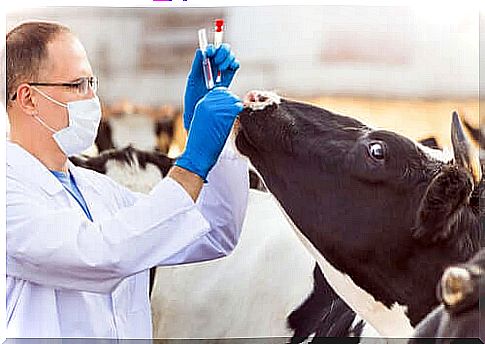
When we hear about veterinary immunology, the allergies that our pets have come to mind. We also associate this concept with conditions such as inflammation in arthritis.
However, this field of study has to do with almost all animal health disciplines. It specifically applies to the diagnosis, prevention, treatment and control of infectious and autoimmune diseases.
Knowledge of the particular characteristics of the immune system focuses on domestic animals, but it is also applicable to farm, wild, and scientific experimentation animals.
In these times of global crisis and pandemic, terms such as immune system, vaccines, prevalence and others are increasingly in evidence. What many don’t know is that there are branches of veterinary studies responsible for applying them to the animal world. In this space, we’ll explain everything you should know about veterinary immunology.
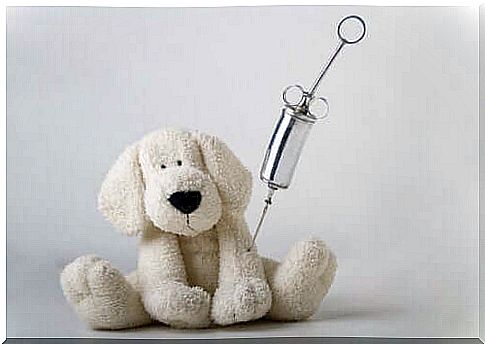
Vaccines are a product of the development of veterinary immunology
It is a fact that the prevalence – existing cases – of animal diseases threatens livestock and public health. Since its discovery, the vaccine application strategy has been instrumental in controlling various infectious animal diseases.
We all have in mind diseases like influenza A or swine flu, both zoonotic diseases that can affect humans.
It is important to keep in mind that in order to achieve an effective vaccination strategy, it is necessary to consider several factors, such as the quality of the vaccine and the protocol for its application. Furthermore, it is important to verify its effect, for example, by quantifying protective antibodies in the blood.
All of these issues, as well as the formulation of new vaccines and the effects of adjuvants on immunizations, require the application and development of veterinary immunology.
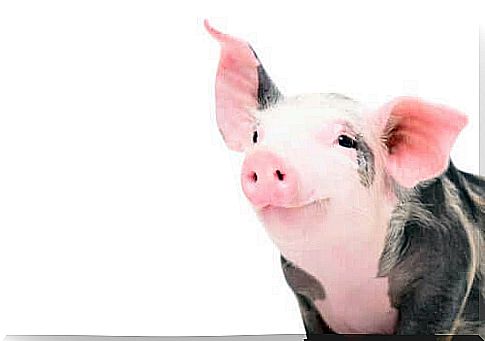
Veterinary Immunology in Pets and Farm Animals
The animal’s immune system exerts its protective action through different mechanisms. The components of natural immunity, also called non – specific or innate, are present prior to exposure to infectious microorganisms, including:
- Physical barriers such as skin and mucosa.
- Molecules in the blood, such as the complement system.
- Phagocytic blood cells: as natural attack cells.
- Cytokines, which are proteins that travel in the blood and direct the immune response.
On the other hand, specific or acquired immunity refers to defense mechanisms induced or stimulated by exposure to foreign substances. They react specifically to the particular infectious agent that induces them. Thanks to acquired immunity, vaccines are effective in protecting the body from possible infections.
Vaccines expose the immune system to weakened or dead forms of the pathogen and therefore the animal’s body is able to recognize and fight it without becoming infected. This responsiveness is remembered, immunizing the vaccinated living being against the inoculated pathogen.
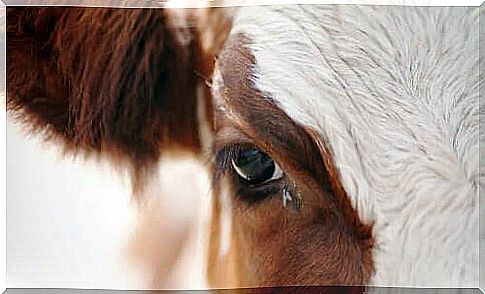
Immunology is critical for animals at all stages of their lives
It should be noted that small changes in the immune system can make the difference between life and death for offspring of different species. A typical example is that of ruminants, which, unlike humans, are born without antibodies.
That’s because their placentas don’t let these proteins pass through the mother’s blood. For this reason, the offspring is highly dependent on the ingestion of IgA-type antibodies contained in colostrum, the first type of breast milk produced by the mother.
Immune Diseases
It is sometimes possible that the immune response has adverse effects on the animal itself. This is the case for conditions like allergies. Also included are the consequences of suffering infections such as caprine arthritis encephalitis (CAE) and canine distemper virus, which lead to the immunopathological development of the disease.
The development of biotechnology and our greater understanding of animal immune responses affect the development of vaccines that can prevent disease. Finally, detection of infectious agents in wild animals can be crucial in the treatment of viral outbreaks, as the current coronavirus crisis has demonstrated.
